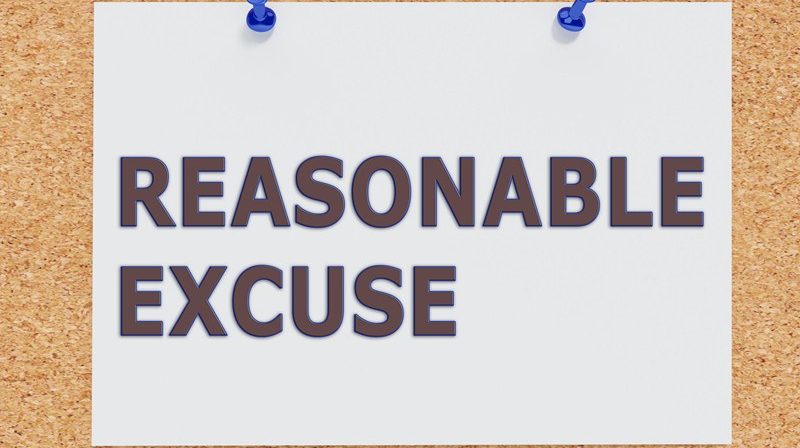
What is a reasonable excuse?
There are a number of options if you find yourself in disagreement with a tax decision issued by HMRC. As a first step, it is usually possible to make an appeal against a tax decision. There is normally a 30-day deadline for making a claim, so time is of the essence. HMRC will then carry out a review, usually by using HMRC officers that were not involved in the original decision. A response to an appeal is usually made within 45 days but can take longer for complex issues.
In certain cases, it is possible to appeal against penalties on the grounds that you have a ‘reasonable excuse’ for not complying on time.
HMRC’s guidance lists the following examples of what may count as a reasonable excuse:
- your partner or another close relative died shortly before the tax return or payment deadline
- you had an unexpected stay in hospital that prevented you from dealing with your tax affairs
- you had a serious or life-threatening illness
- your computer or software failed just before or while you were preparing your online return
- service issues with HMRC online services
- a fire, flood or theft prevented you from completing your tax return
- postal delays that you couldn’t have predicted
- delays related to a disability you have
However, not receiving a reminder, relying on someone else or making a mistake are amongst the reasons not counted as reasonable excuses.
If you still disagree with HMRC’s review, there are further options available which include making an appeal to a tax tribunal or using the Alternative Dispute Resolution (ADR) process.
For more information, Book a Free Consultation
Need Accountancy Support?
For information on bespoke training, or if you have any other questions for Makesworth Accountant, please fill in your details below
















 151
151